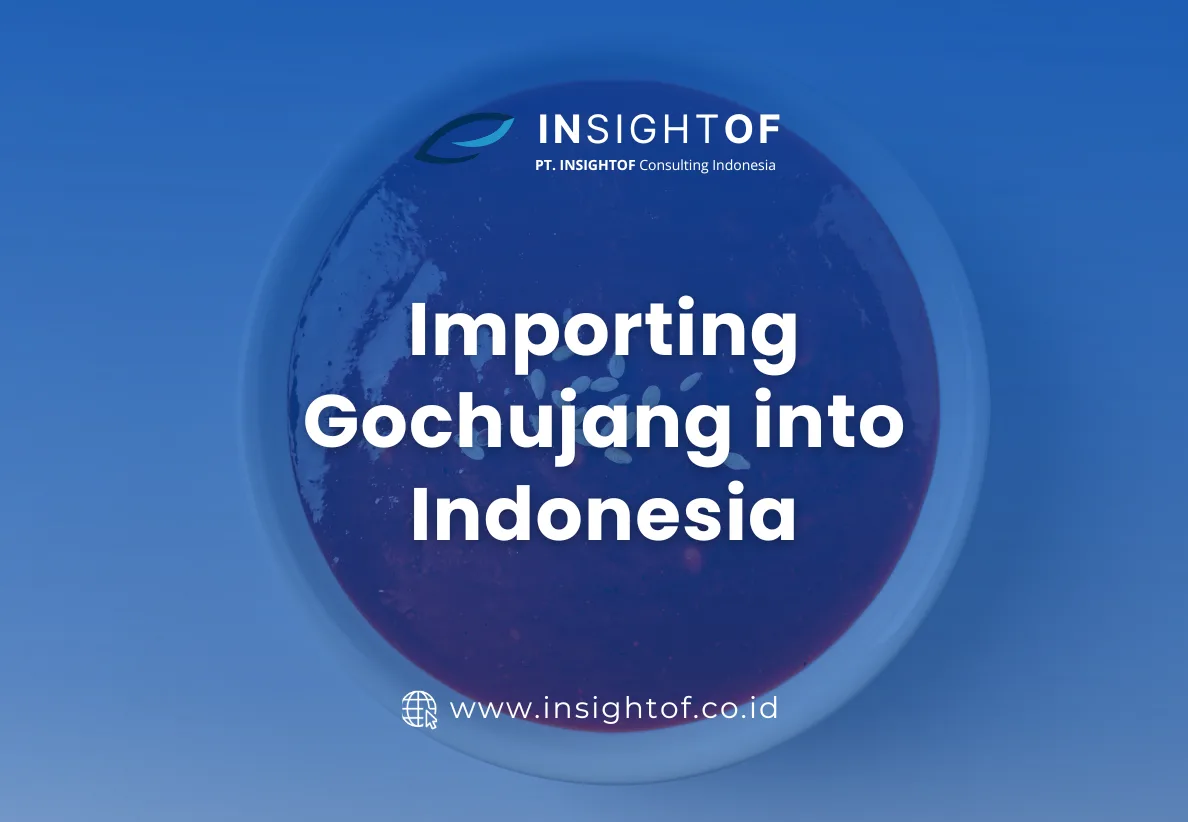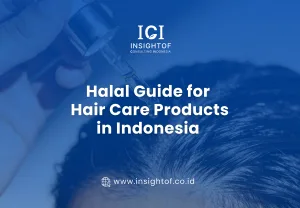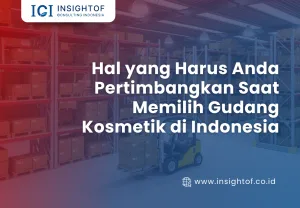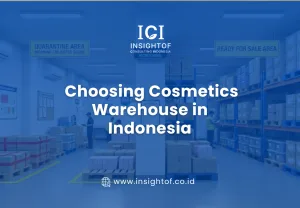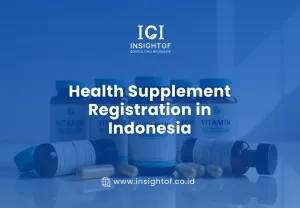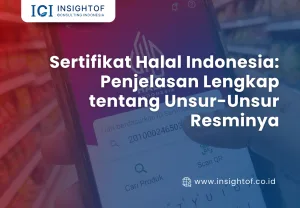1. Market Research & Sourcing
First, decide the type of gochujang (e.g. glass jar vs. sachet, product weight, halal vs. non-halal). Identify reliable Korean suppliers – for example, major makers like CJ CheilJedang or Daesang (Daesang owns the “Bibigo” brand) are well-known exporters of Korean chili paste. You can also find exporters via trade platforms (e.g. Alibaba) or through Indonesian distributors’ contacts. Verify suppliers’ credentials and ask for product data (ingredient lists, production standards, Halal status, etc.) to prepare later paperwork.
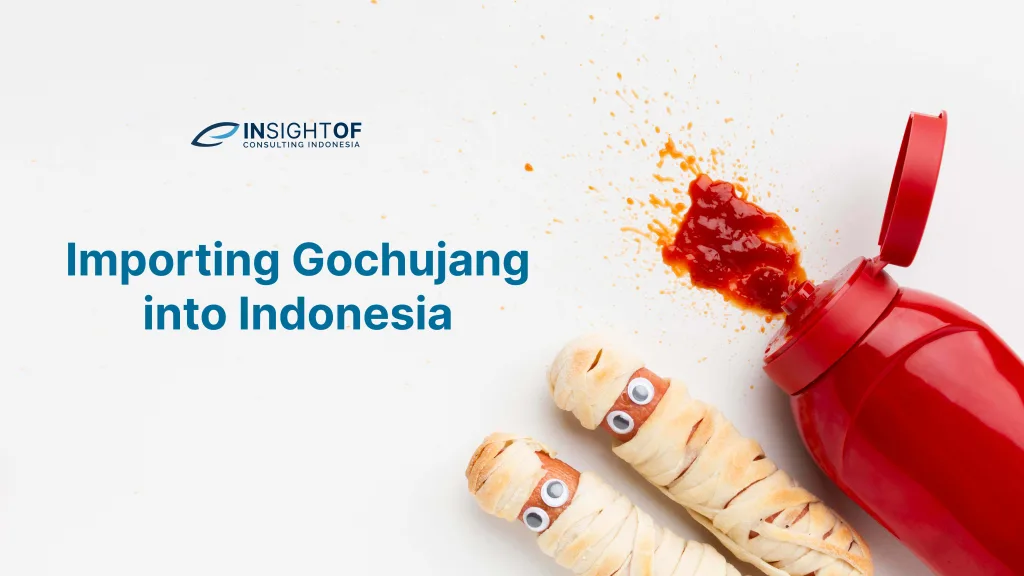
Image source: Freepik
2. Indonesian Company Setup
You must establish an Indonesian importer entity (most foreign investors use a PT PMA – foreign-owned company – or a PMDN). This company needs standard business licenses: a Tax ID (NPWP), Company Registration (TDP), and Trading License (SIUP). Importantly, apply for an Importer Identification Number (API) from the Ministry of Trade. API is mandatory for any business that wants to import goods legally. There are two types: API-Umum for general importers and API-Produsen for producers importing raw materials. For gochujang, you’d typically get an API-Umum. Note that in Indonesian law, only companies with API may perform imports.

Image source: Freepik
3. BPOM Food Registration
In Indonesia, all retail food products (including imported gochujang) must obtain BPOM approval (a “registration number”) before sale. Imported packaged foods are issued a “BPOM RI ML” number (ML = Makanan Luar/Foreign Food). To register, go through BPOM’s online portal (e‑reg at e-reg.pom.go.id). Required documents include:
- Company documents: NPWP, API or SIUP, and a BPOM-recommended distribution audit report for your warehouse or importer facility.
- Importer’s Letter of Authorization (LOA): a notarized power-of-attorney or letter from the Korean supplier, legalized by an Indonesian consulate, naming the Indonesian importer.
- Product documents: the gochujang formula/ingredients, production process, labeling (with Indonesian language labels), shelf-life, and quality certificates (like GMP/HACCP or ISO).
- Free Sale Certificate: a certificate from Korean authorities stating the product is approved for sale in Korea.
Registration includes two phases – first registering your company account, then each product. The process is risk-based: simpler recipes (e.g. very low risk) take less time than complex ones. In practice, BPOM review for an imported food often takes about 4–6 months (though this varies by risk category and how quickly you supply documents). Be sure your label uses Indonesian language and lists all ingredients – BPOM requires full Indonesian labels. Once approved, your gochujang will get an “ML” registration number valid for five years.
Compared to Korea: In South Korea, a foreign facility must register with the Korean Ministry of Food and Drug Safety (MFDS) before exporting to Korea. Indonesia’s system is product-based (BPOM registers each product) whereas Korea’s is facility-based (MFDS registers factories). Both require quality certificates, but Korea emphasizes foreign factory inspection, while Indonesia emphasizes importer licensing and product safety data.
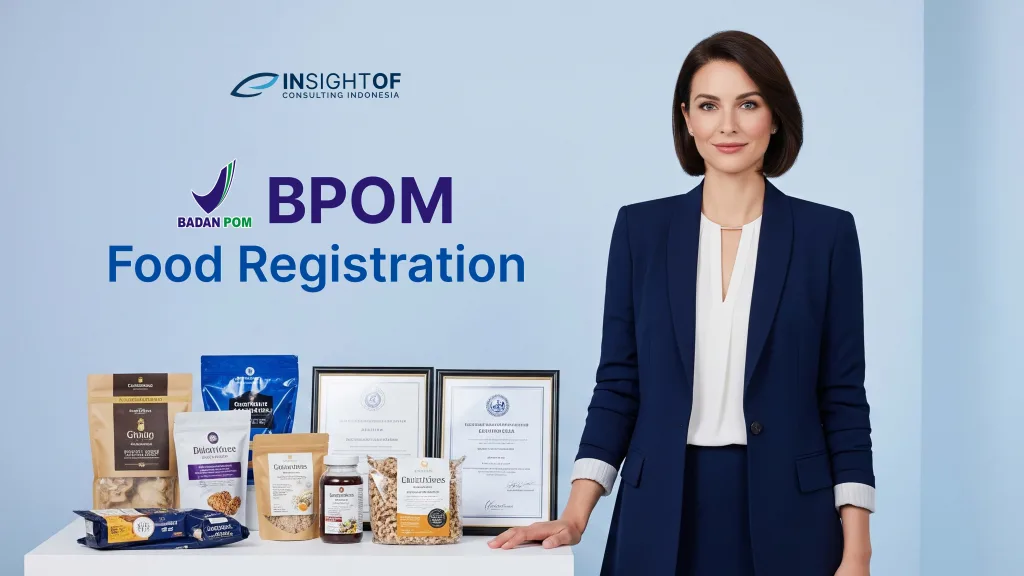
4. SMKPO (Food Safety Management Certificate)
Indonesia requires importers and distributors to implement a food safety management system (SMKPO). In practice, importers apply for an SMKPO certificate (the Standard Compliance type) via the OSS/BPOM e-certification system. This proves your warehouse and distribution meet BPOM’s standards. The application needs documents like your business license (NIB), NPWP, and safety procedure manuals. SMKPO certification is valid for five years; it must be obtained before you begin large-scale distribution of the product. (Without SMKPO, BPOM can penalize the importer for non-compliance.)
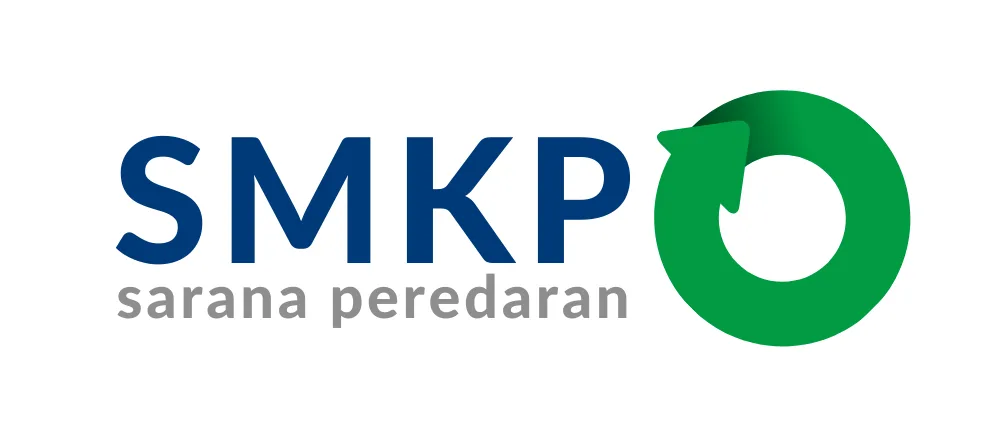
5. Laboratory Testing & Quality Control
BPOM may require your gochujang to be tested in an accredited Indonesian lab for microbial, heavy metals, and nutritional content. It’s wise to pre-test batches in Korea or internationally to ensure compliance. Also maintain your own QC: check production dates, batch numbers, and ensure packaging is intact. Labeling must meet Indonesian rules (ingredients, net weight, expiration date, importer name and address in Indonesian).
6. Import Logistics & Customs
Once BPOM issues the ML number and your company has API, you can arrange shipment. Prepare shipping documents (invoice, packing list, Bill of Lading, GMO/health certificates if any). Obtain a BPOM SKI-Border clearance (this is BPOM’s “Surat Keterangan Impor” for customs) each time you import a batch. The SKI-Border is granted by BPOM after registration approval, and serves as the permission to clear customs. Gochujang is shelf-stable, but if your product (e.g. fresh sauces) needed refrigeration, you’d manage a cold chain – however most gochujang does not. Pay import duties and taxes as applicable.
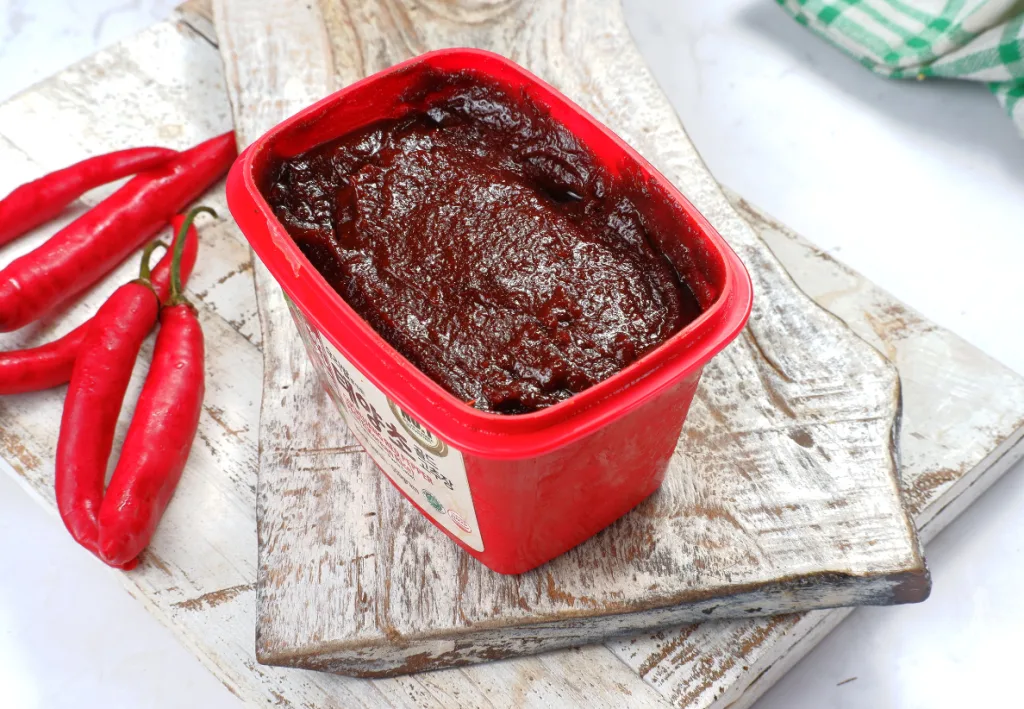
7. Distribution & Marketing
You can sell gochujang through retail (supermarkets, convenience stores), horeca (Korean restaurants, hotels), and online (e-commerce platforms). Marketing strategies should educate consumers: share Korean recipes, usage ideas, or partner with chefs. Since Indonesia’s population is majority Muslim, consider obtaining and displaying a MUI Halal certificate – Indonesian law now requires Halal certification to use the halal logo. In fact, major exporters like CJ Foods proactively got Indonesian Halal approval for their gochujang products to boost sales. For launch, offer promotions (e.g. bundle with Korean snack packs or cooking demonstrations).
Post-Market Compliance: After launch, keep records of every batch. BPOM may conduct random sampling or inspections in the market. Ensure you track expiration dates and respond to any consumer complaints or recalls promptly. Renew your BPOM registration before it expires (typically every 5 years) and update any changes (e.g. new label or formula). Maintain your SMKPO audit schedule as required.
| Stage | Key Activities |
|---|---|
| Research & Sourcing | Define product specs; find Korean suppliers |
| Company Setup | Form PT PMA; get NPWP, SIUP/TDP, API (import license) |
| BPOM Registration | Apply for ML number: submit NPWP, API/SIUP, LOA, GMP, label, lab results |
| Safety Management | Obtain SMKPO certification (commitment or standard) |
| Lab & QC | Conduct pre-tests; ensure label compliance |
| Import & Logistics | Prepare SKI-Border; clear customs; warehousing logistics |
| Distribution & Marketing | Launch to retailers, online, HORECA; promote halal and recipes |
| Monitoring | Post-market BPOM sampling; track shelf life & consumer feedback |
Timeline & Costs: From start of BPOM registration to approval typically takes ~4–6 months. Budget funds for fees: BPOM registration fees are around IDR 2–5 million (roughly USD 130–330), plus lab testing costs (often IDR 5–15 million depending on tests). Don’t forget costs of shipping, customs, and possibly hiring a local consultant or agent to help.
Extra Tips: Use an experienced import agent or freight forwarder to navigate paperwork. Work with a BPOM consultant if new to the process – they can handle submissions faster. For the Halal market, get the MUI certificate before shipment if you plan to label it, since Indonesian consumers look for it. Start with a smaller test order to gauge demand, then scale up to larger supermarket volumes.
By following these steps and keeping abreast of regulations (the official BPOM and Indonesian Trade websites have updates), a Korean exporter can successfully bring gochujang to Indonesian consumers. Good planning and local compliance are key – once approved, Indonesia’s large and growing market for Korean food could make gochujang a hit.

